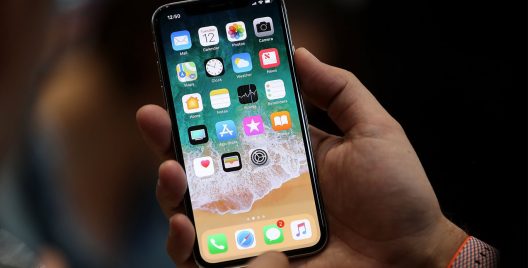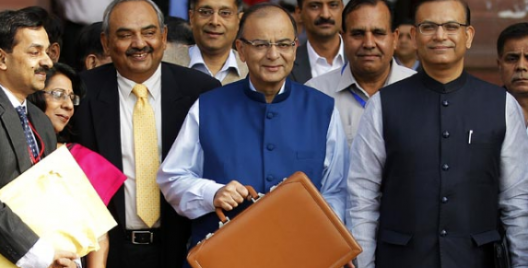Every year you promise yourself that you are going to save money, but then those shoes you have been lusting after beckon you enticingly and manage to create a gaping hole in your savings. This year, here are a few simple tips to help you actually attain your financial goals. All it needs, after all, is a little effort.
KILL YOUR DEBT
Simply calculating how much you spend each month on your debts will illustrate that eliminating debt is the fastest way to free up money. Once the money is freed from debt payment, it can easily be re-appropriated to savings. Plus, the sooner you pay off debt, the less interest you will pay, and that money can be saved instead. If you choose to start saving before you completely pay off your debt, however, look into consolidating your debts so that you are not paying as much interest. The only money-saving that should take precedence over getting out of debt is to create an emergency fund (setting aside enough money so that if you lose your income, you can survive for 3-6 months). If you don’t already have an emergency fund, you should start contributing towards one immediately.
SET SAVINGS GOALS
For short-term goals, this is easy. If you want to buy a video game, find out how much it costs; if you want to buy a house, determine the down payment you have to make. However, for long-term goals, such as retirement, you will have to do a lot more planning (figuring out how much money you will need to live comfortably for 20 or 30 years after you stop working), and you will also need to figure out how investments will help you achieve your goals. To do this, you need to establish a time frame. For example: “I want to be able to buy a house two years from today.” Set a particular date for accomplishing shorter-term goals, and make sure the goal is attainable within that time period. If it is not attainable, you will just get discouraged.
KEEP A RECORD
What you save falls between two activities and their difference: how much you make and how much you spend. Since you have more control over how much you spend, it is wise to take a critical look at your expenses. Write down everything you spend your money on for a couple weeks or a month. Be as detailed as possible, and try not to leave out small purchases. Assign each purchase or expenditure a category such as rent, car insurance, car payments, phone bill, cable bill, utilities, gas, food, entertainment, etc. Keep a small notebook with you at all times. Get in the habit of recording every expense and saving the receipts. Sit down once a week with your small notebook and receipts. Record your expenses in a larger notebook or a spreadsheet program. There are also many apps you can download to your phone that will help you keep track of your expenses.
MAKE A BUDGET
Once you have managed to balance your earnings with your savings goals and spending, write down a budget so you will know each month or each pay cheque how much you can spend on any given category of things. This is especially important for expenses which tend to fluctuate, or which you know you are going to have a particularly hard time restricting. You can also try to stop using credit cards as much as possible. This might be difficult, since we are slowly going from a paper to plastic economy, but it is definitely worth a try.














